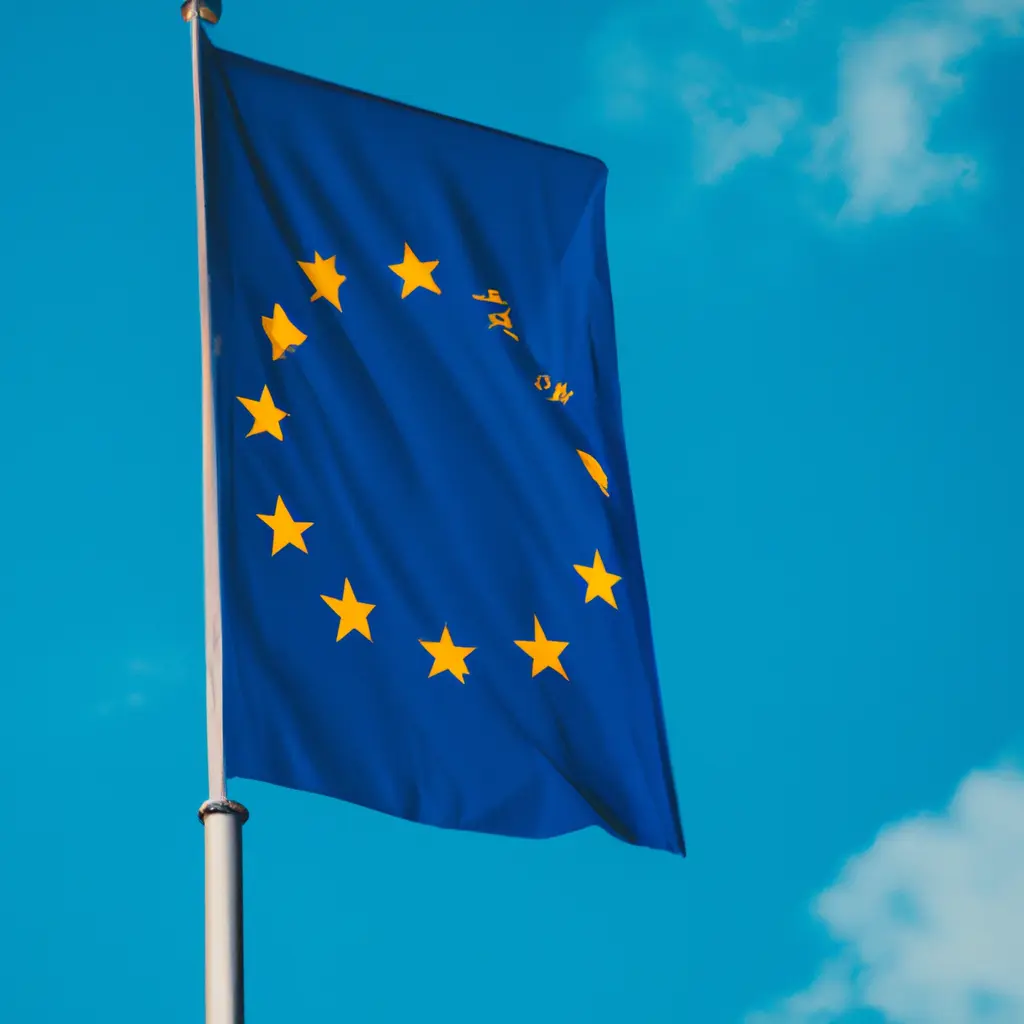Europe halts attempt to create an Epr regime

Italy is ahead of mandatory waste segregation requirements, but it is still waiting for harmonized regulations from Brussels. However, this legislative process will take at least a year.
It was clear that the future of the fashion industry would hinge on the end of life cycle of products, but now the play on textile waste has become relevant. And while Europe prepares to implement the Extended Product Responsibility (EPR) system, Member States are preparing to be ready for a new green regime that will affect the textile and clothing industry.
Italy is no exception: it is already a leader in the application of mandatory sorting of textile waste, which started in 2022, three' ahead of the European deadline for implementation 'years and causing considerable bureaucratic complications. Italy also tried to get ahead of the other member states on the EPR issue, but failed.
In July, a proposal to revise the 2018 European Directive was presented in Brussels. This is an important step towards the implementation of the expected EPR, not only from a conceptual but also from a legislative point of view: the time to get ahead of the European directives has expired and Member States that have not done so (almost all of them) only have to wait for them to adapt.
The Italian race
Like in the game of musical chairs, when the amendment proposal was presented in Brussels, national projects were forced to stop. As for Italy, discussions were launched in February on the draft decree of the Ministry' 'a period of 18 to 30 months during which national legislations will adapt'.
Therefore, Europe is in full development of the content of regulations related to the principle of Extended Productive Responsibility (EPR), which requires companies to take on the full life cycle of the products they put on the market.




Suffice it to say that the European Union produces 12.6 million tons of textile waste per year, while clothing and footwear account for 5.2 million tons of waste, corresponding to 12 kilograms per capita per year. Currently, only 22%' 'Hungary proved to be an exception among the stars of the European Union: they were able to get ahead of the others and implement their national EPR system before July, possibly supplementing it once the European system was approved. France was the first, introducing producer responsibility in April, but a significant case is the Netherlands, which followed suit in July, shortly before the Belgian consultation, introducing its national system whereby garment manufacturers within the Netherlands become responsible for collecting, recycling, reusing and disposing of the products they introduce to the market.
'This is an interesting case - continues Scalia of Euratex - because the law came into force just a few days before the package was presented to the' 'Commission'." He also talks about Italy's missed opportunity, adding, "It's also a pity from an operational point of view because Italy had already taken preparatory actions which, if they had been implemented before the summer, would have been an advantage." He adds that it is now important to take preparatory measures with the help of consortia and organizations to be ready.
The land here is clearly fertile, with a wealth of experience of start-ups and investments that, using the National Recovery and Resilient Development Plan (PNRD), are betting on pioneering projects such as the textile hub in Prato.
In the meantime, the next European elections are expected in early June 2024. The renewal of the parliament is not in itself an obstacle to the package' ' of the Green Deal, but if it goes beyond the voting date, it will inevitably fall into the hands of the next mandate. However, it is difficult to envision a scenario in which the transformational momentum of the Green Deal is significantly reduced.
Comment
Popular Offers

Subscribe to the newsletter from Hatamatata.com!
Subscribe to the newsletter from Hatamatata.com!
I agree to the processing of personal data and confidentiality rules of Hatamatata




